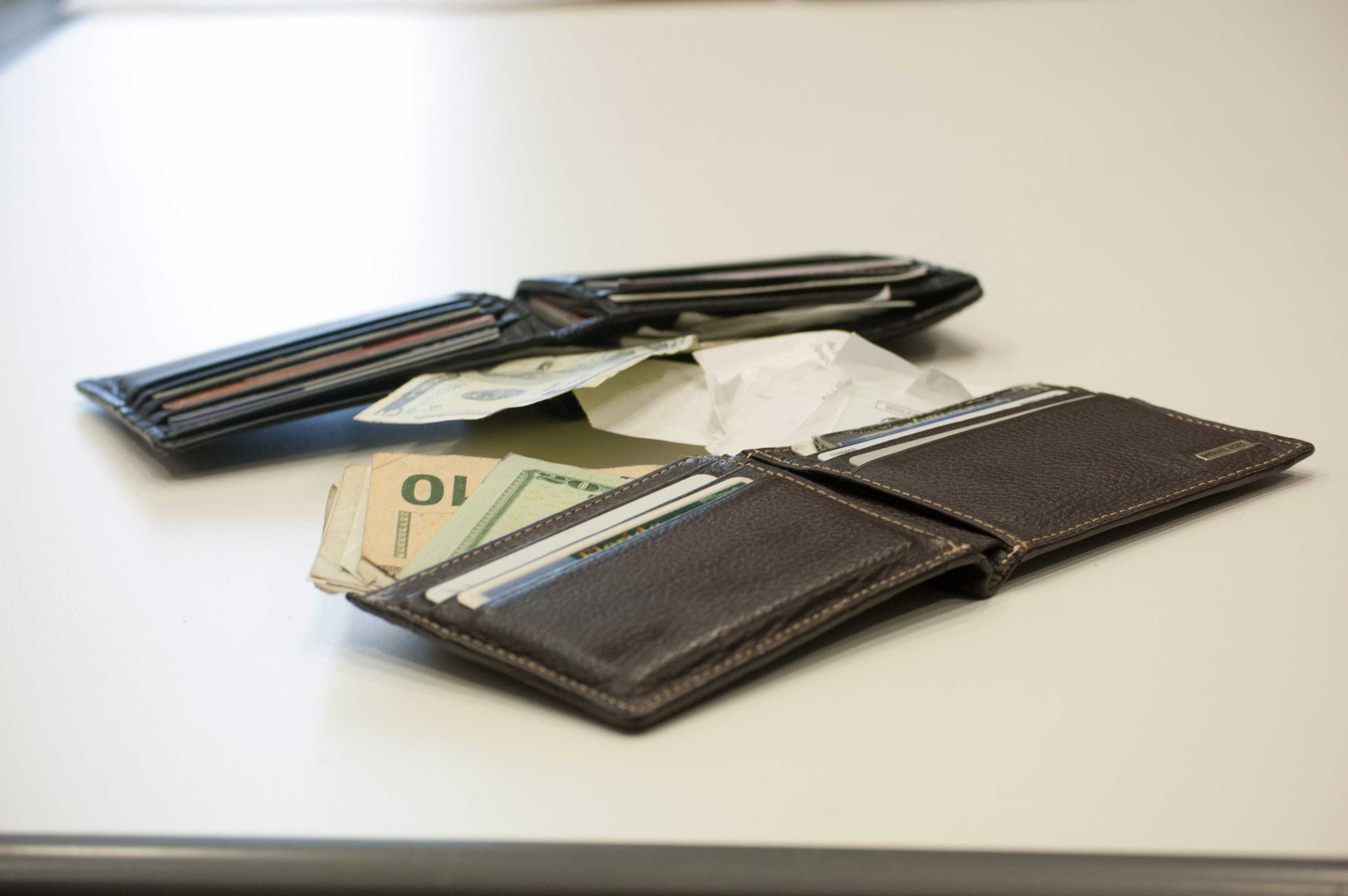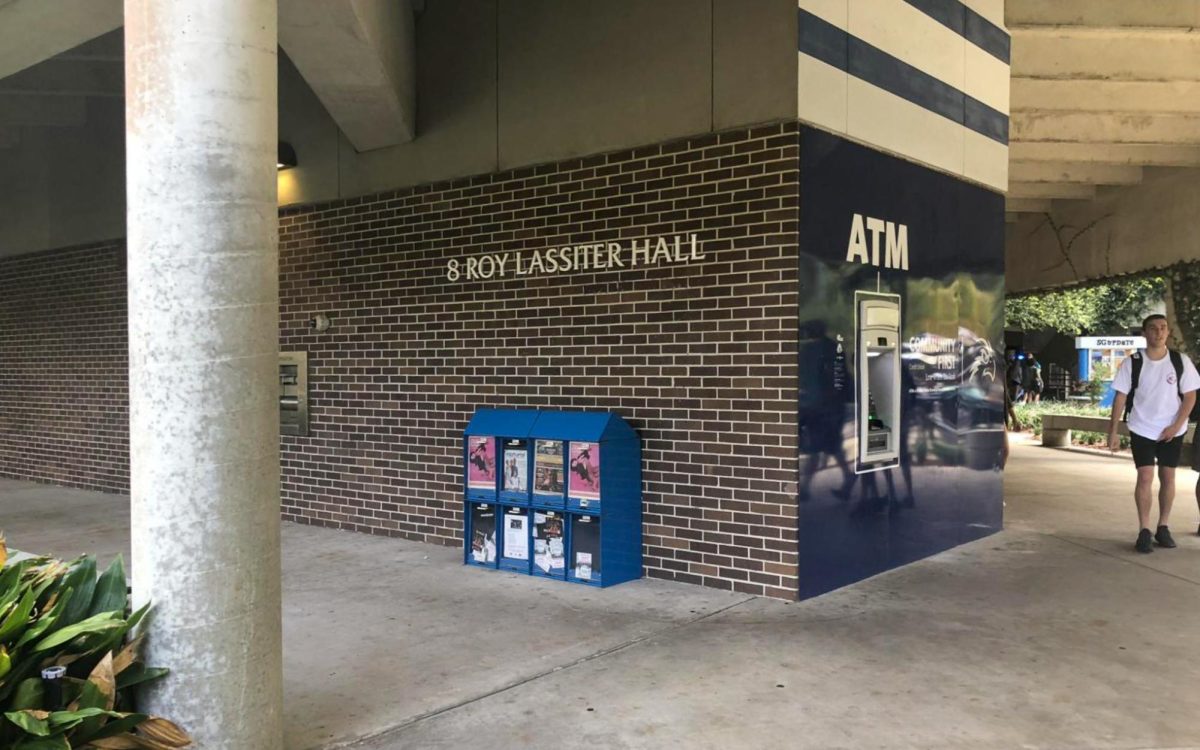
A UNF student received a threatening phone call from someone posing as a government agent.
According to the police report, around noon Sept. 8 the victim answered a call from a man with a heavy Indian accent claiming to be with the Internal Revenue Service (IRS). The man told her that she had defrauded the government through the filing of her FAFSA form, and that there was a warrant for her arrest.
This scenario matches closely with what the IRS calls “an aggressive and sophisticated phone scam targeting taxpayers.”
According to a Sept. 2014 press release from FBI San Diego, the claim of “defrauding the government” is often used in the call, along with the caller speaking in broken English or an Indian accent.
The caller attempts to intimidate the recipient and coerce them into sending money to avoid everything from confiscation of property, to arrest and jail time.
In the case of the UNF student, the man listed the victim’s home address, to which he claimed letters had been sent in reference to filing the FAFSA form. The caller then told the victim to pay $2,400 through a wire service or by coming to the IRS office at 400 W. Bay St. in Jacksonville, in order to take care of the warrant.
The police report states the victim told the caller she did not have $2,400. The caller then stated he had checked the victim’s credit card and four bank accounts, but did not specify the amounts in each account or what banks they were associated with. The victim was then told that she could pay through one of several voucher systems.
When the victim questioned the caller about sending the money, the alleged IRS agent called a phone number that answered as the FBI. A female voice came on the line and verified it was the IRS calling.
The victim went to UNFPD before she sent any money or contacted the caller again. UNFPD advised the victim to abstain from further contact with the caller, and to notify her bank of the incident.
“Treat every call like this as suspect,” UNFPD Deputy Chief Charles Strudel advises.
“College students may not be as easy to fool,” but Strudel recognizes that these types of scams are constantly evolving. “Even in the mail you want to be careful.”
According to Strudel, there isn’t a large history of these scams being reported on campus, but that could change as these scams become more sophisticated in nature, and the scope of those targeted by the scams increase.
The statements made by the caller of the UNF student contradicts what the IRS says they will never do. The following comes directly from the IRS.gov website.
Note that the IRS will never:
- Call to demand immediate payment using a specific payment method such as a prepaid debit card, gift card or wire transfer. Generally, the IRS will first mail you a bill if you owe any taxes.
- Threaten to immediately bring in local police or other law-enforcement groups to have you arrested for not paying.
- Demand that you pay taxes without giving you the opportunity to question or appeal the amount they say you owe.
- Ask for credit or debit card numbers over the phone.
IRS.gov references the surge in these type of scams, citing how these callers often alter their caller ID to appear as the IRS or list fake badge numbers when questioned. They may know a large amount of information on their targets.
Students who are concerned they’re victim of a scam can contact UNFPD at (904) 620-2800.
—
For more information or news tips, or if you see an error in this story or have any compliments or concerns, contact editor@unfspinnaker.com.











